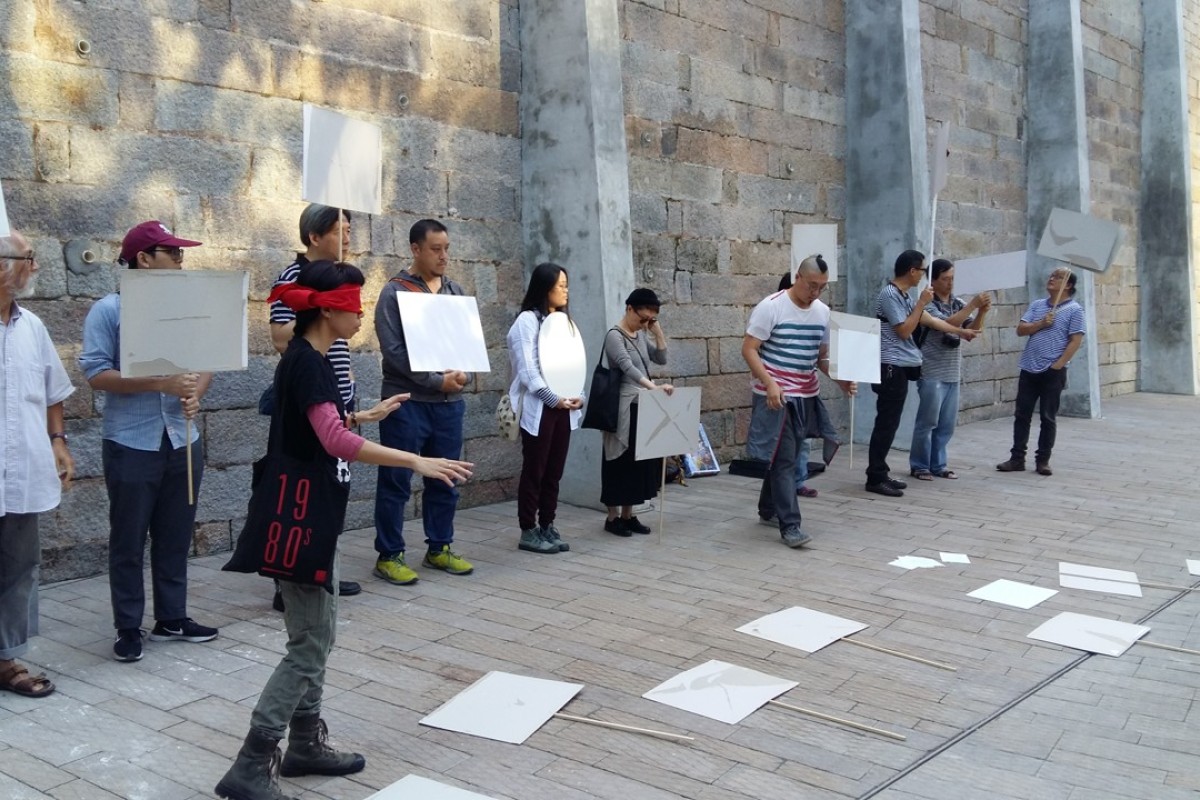Dealing with Chaos Ethically
Imagine living in an area where chaos and riots are plentiful, yet access to the media is completely blocked off or severely limited. I believe that this is far from the American lifestyle we are accustomed to; we have so much media freedom that we even have terms such as "fake news".
However, this reality is a mere fantasy in countries such as Iran and China who have limited privileges in terms of internet access, unbiased media, and protesting rights. The citizens of these countries have been ethically violated through their respective governments oppressing the freedom of expression and free speech. There is no essence of discretion in their actions as Chinese President Xi Jingping asserts, "All the work by the party’s media must reflect the party’s will, safeguard the party’s authority, and safeguard the party’s unity,” (Albert & Xu). Essentially, the Chinese government is putting a premium on unity with the price being access to unbiased media outlets. The ethical consequences of such a move is that it denies Chinese citizens the ability to live a fully virtuous life. Most of the mainland Chinese population is either ignorant to the protests in Hong Kong or misinformed on the actual reasoning behind the protests. This results in a skewed moral outlook on the predicament faced by Hong Kong residents. One simply cannot evaluate the moral justification of an action if they do not have all the facts. If the Chinese population was able to have all the facts, they would be able to see the violent injustice done by the Chinese government upon the Hong Kong protesters and hopefully would act to change these circumstances.


Comments
Post a Comment